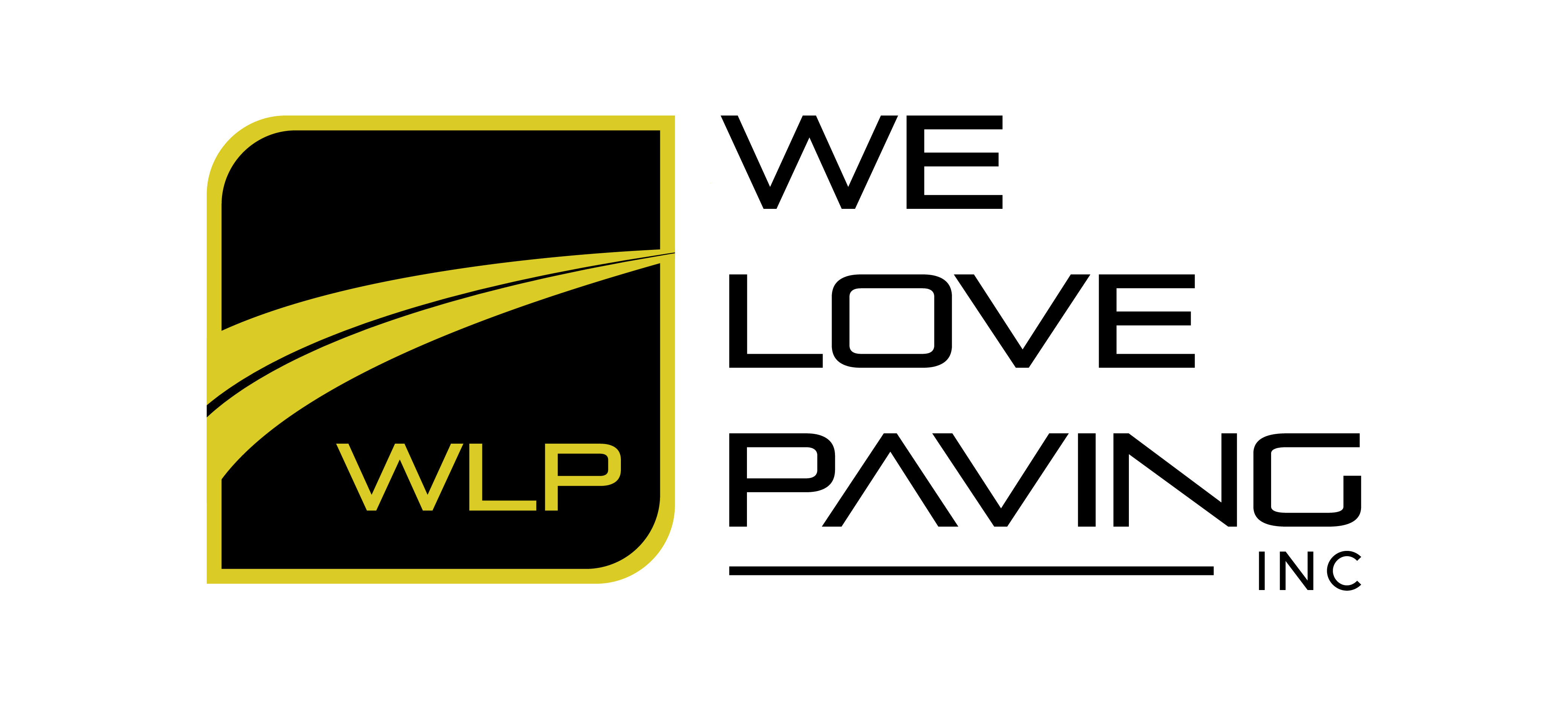Planning a concrete project requires careful consideration of weather conditions, temperature, and site preparation. Whether you’re pouring a new driveway, sidewalk, patio, or foundation, choosing the right time of year can significantly impact the quality and durability of the final result. So, when is the best time to start a concrete project? Let’s break it down by season.
Spring: A Decent Start with Some Challenges
Spring is often when many homeowners and businesses begin thinking about concrete projects, but early spring conditions can sometimes be unpredictable.
Pros:
✔️ Moderate temperatures can be ideal for curing concrete. ✔️ Contractors start becoming more available as the season progresses. ✔️ Perfect time for outdoor renovations ahead of summer use.
Cons:
❌ Rainy weather can cause delays and affect the curing process. ❌ Ground may still be thawing in some regions, leading to shifting and instability. ❌ Temperature fluctuations between warm days and cold nights can lead to cracking.
If you’re considering a spring project, it’s best to schedule it in late spring, when temperatures are more stable, and rainfall is less frequent.
Summer: The Best Time for Concrete Projects
Summer is generally the most favorable season for concrete work due to warm temperatures and longer daylight hours.
Pros:
✔️ Consistently warm temperatures help concrete set and cure properly. ✔️ Less rainfall compared to spring, reducing weather-related delays. ✔️ Ideal conditions for both residential and commercial projects. ✔️ Contractors can work efficiently with extended daylight hours.
Cons:
❌ High temperatures can cause concrete to dry too quickly, leading to cracks. ❌ Demand for contractors is at its peak, making scheduling more challenging. ❌ Proper hydration and curing techniques are necessary to prevent shrinkage cracks.
If you’re planning a summer concrete project, aim for early morning or late afternoon pours to avoid extreme heat.
Fall: A Great Alternative to Summer
Fall is another excellent time for concrete projects, offering cooler temperatures and reduced contractor demand.
Pros:
✔️ Moderate temperatures allow concrete to cure properly. ✔️ Less humidity and rain compared to spring, reducing moisture-related issues. ✔️ Contractors may have more availability as peak season slows down. ✔️ Great time for foundation work before winter arrives.
Cons:
❌ As the season progresses, colder temperatures can delay curing times. ❌ Shorter daylight hours may extend project timelines.
For fall projects, aim for early to mid-fall to avoid potential cold snaps that could affect curing.
Winter: The Least Favorable Time for Concrete Work
Winter is generally the most challenging time for concrete projects, especially in colder climates.
Pros:
✔️ Contractors are more available, leading to flexible scheduling. ✔️ Some winter projects can be done with proper heating and insulation techniques.
Cons:
❌ Freezing temperatures prevent proper curing, leading to weaker concrete. ❌ Snow, ice, and moisture make site preparation difficult. ❌ Special additives and heating measures increase project costs.
If a concrete project must be done in winter, using heated enclosures, insulated blankets, and special cold-weather mixtures is essential.
Final Verdict: What’s the Best Season for Concrete Projects?
For optimal results, the best seasons to complete a concrete project are late spring, summer, and early fall. These times provide the right balance of warm temperatures, minimal rainfall, and contractor availability.
-
Best choice: Summer & early fall (ideal curing conditions, less risk of rain delays)
-
Good alternative: Late spring (moderate temperatures, but potential rain delays)
-
Risky choice: Early spring & late fall (unpredictable weather and temperature swings)
-
Least recommended: Winter (freezing temperatures negatively impact curing)
By scheduling your project at the right time of year, you can ensure durability, strength, and long-term performancefor your concrete installation. If you’re ready to start your project, consult with a professional paving contractor to plan accordingly and achieve the best results!

